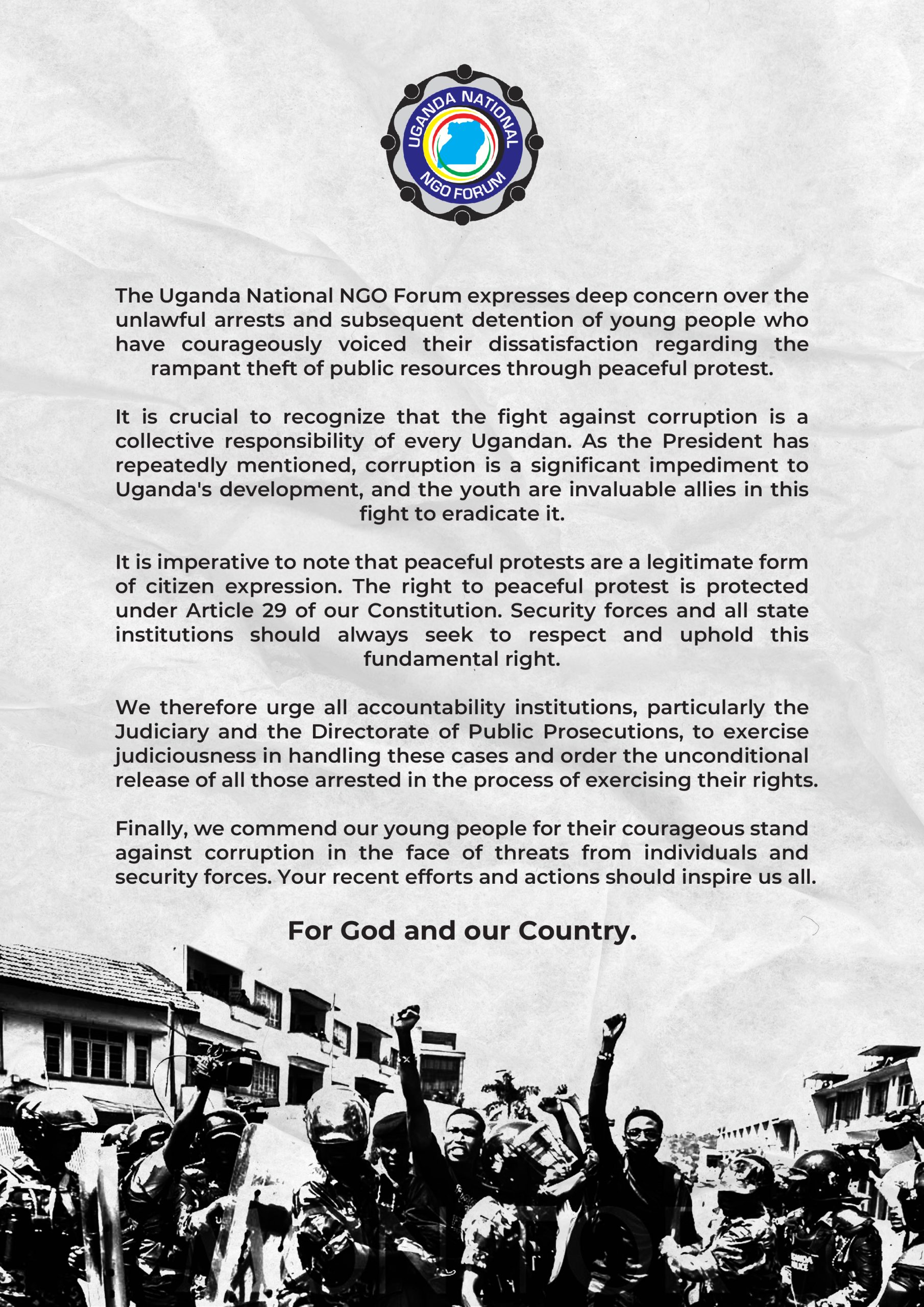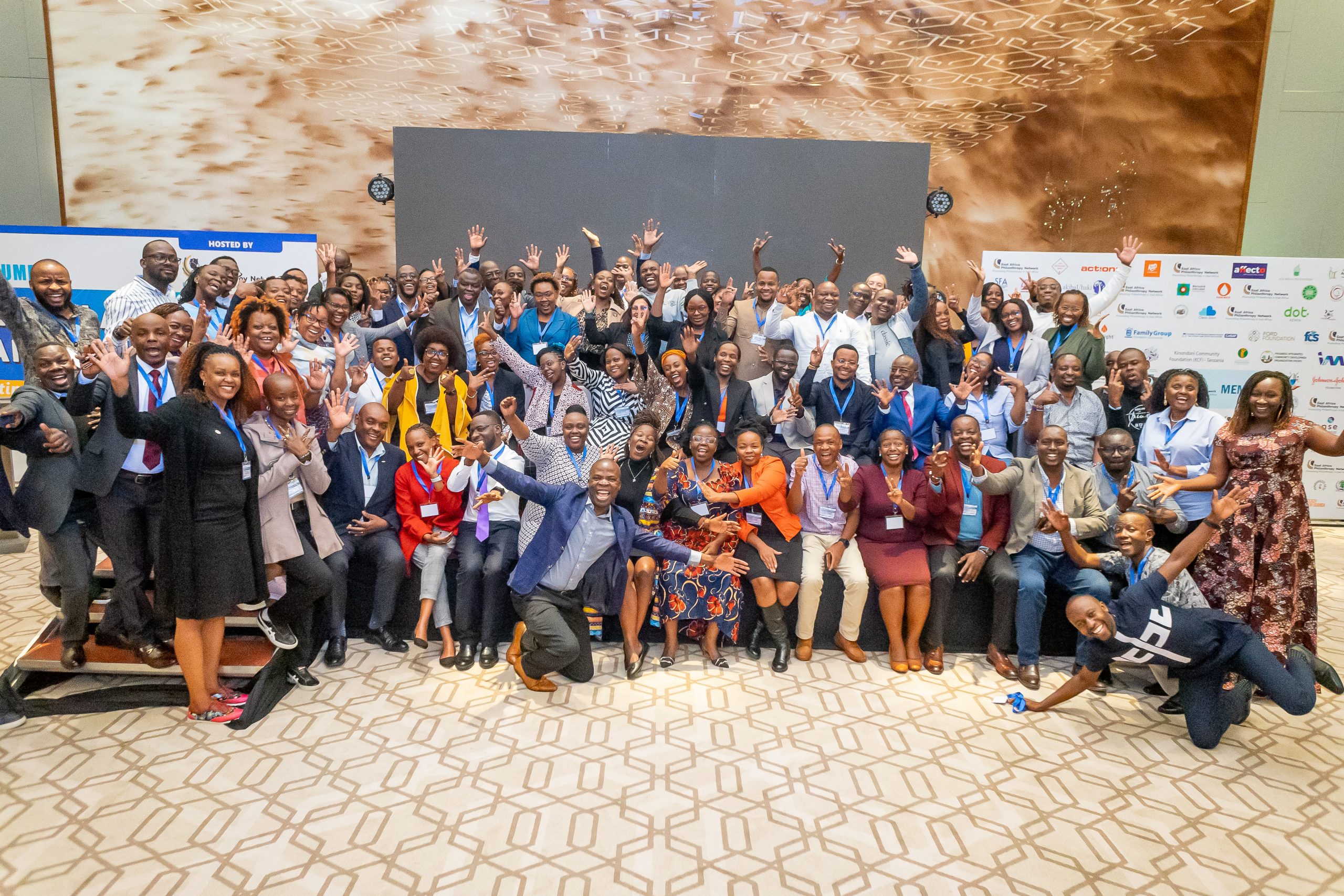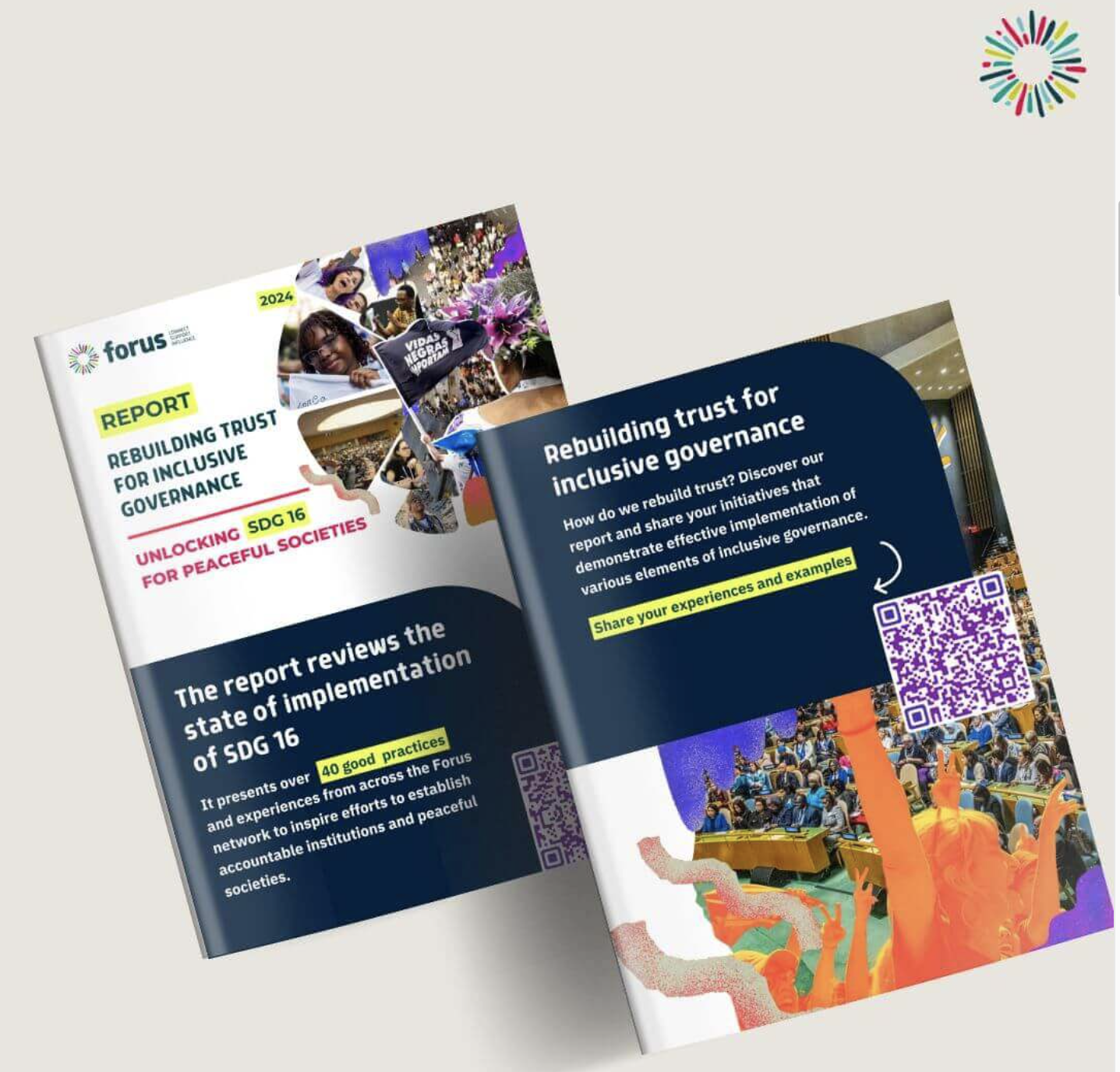Tondeka Mabega Campaign Press Release
Today, the Agenda 2030 CSO Core Reference Group[1] launches a local campaign dubbed ‘Tondeka Mabega’ – Leave No One Behind Citizen Dialogues. The Citizen Dialogues are a campaign aimed at amplifying the voices of marginalized groups and demand for a fundamental shift in national and global policy commitments to ensure that we end inequality and poverty which perpetuate human suffering. The dialogues will build momentum for all citizens across Uganda to participate in the implementation and achievement of the Sustainable Development Goals (SDGs) at all levels using local, national and global resources.
We all recall that September 2015 was the official launch of the bold and transformative 2030 Agenda for Sustainable Development (SDGs) that was adopted by the world leaders at the United Nations. It is now one year since the launch. The world has 15 years to achieve this ambitious program. With 17 SDGs and 165 targets, this is a daunting task for the global community, but there is no looking back.
Uganda went down in history as the country that chaired the United Nations General Assembly in 2016 with Hon. Sam Kuteesa spending a year in New York. We have to commend ourselves for being part of this history. We also have to appreciate that with this history comes enormous responsibility. At the recent High-Level Political Forum in July 2016, Uganda was one of the countries that volunteered to be peer-reviewed. In our Readiness Report, Uganda noted that it is ready to implement the SDGs and that the country has integrated the SDGs in the National Development Plan for Uganda.
It should be remembered that the SDGs replaced the MDGs and are supposed to correct some of the omissions of the SDGs. One key omission is that the MDGs focused so much on symptoms of extreme poverty and the provision of basic social services in poor countries. They, however, overlooked the structural flaws of the global economic system and the responsibility of the western world. Today that is history; the SDGs are for all countries to implement. This is a global agenda that is anchored in the principle of universality. For long we have continued to sell the idea that there are some developed countries in the north and underdeveloped countries in the south. The SDGs compel all countries in the world to do something about the SDGs because we are all part of the same Mother Earth.
‘Leave No One Behind’ is a key phrase that captures this global commitment. It is a nice sounding phrase but one that can turn into rhetoric very quickly. As world leaders prepare for the UN Summit in September 2016 to review the first year of implementation of the SDGs, we think they need to pay more attention to the idea of ‘leaving no one behind’.
In order for the world leaders to pay attention, we have decided to ensure that we amplify the voices of the poor and marginalized to our policy makers here in Kampala and to the world leaders in New York in September 2016.
‘Tondeka Mabega’ – Leave No One Behind Citizen Dialogues will take place in remote communities across Uganda among people whose voices are not always heard. We shall record these voices and ensure that these voices reach our leaders in different parts of the country. ‘Tondeka Mabega’ – Leave No One Behind Citizen Dialogues are not just an exercise in making meek demands to government, but are also a process of documenting the different ways in which people who are ‘left behind’ are doing something to catch up with the world and how those who are not behind can support.
Today, as citizens of Uganda we are saddened that while poverty levels have reduced the number of ‘backsliders’ has risen. Of those households that escaped poverty between 2005 and 2009, around 40% were again living in poverty by 2011. This is an unacceptable. We have to find out from them what is happening and what as a country we can do, so we do not take two steps forward and four steps backward.
The socially excluded groups – women, children, older persons, PWDs and migrant communities and refugees continue to face limited access to basic social services. The levels of youth unemployment are as high as 82%. Climate change continues to threaten the livelihoods of many communities that are largely dependent on agriculture.
The pledge to “leave no-one behind” at the heart of the SDG agenda should be meaningful to all. It means the SDG targets should be met for everyone, with a particular focus on the poorest, most vulnerable and furthest behind – those who are often the hardest to reach. But how the world does this is still a complex issue as represented in this quote;
“if one is not to be ‘left’ behind what happens? The options are not many, but they are clear. In the first instance, the one in front would wait for the one behind and when the one behind catches up they walk together. In the second option, the one in front would turn back and collect the one behind and then walk together either at the speed of the one who turned back or the one who was behind. The third option would be to slow down and wait for the one behind so that the two would walk at the same speed and catch up with each other. Which are way will the world go”
Richard Ssewakiryanga, Executive Director, Uganda National NGO Forum.
Our Call to Action as CSOs
- Leaders at all levels should ‘walk the talk’: We urge our leaders to live up to their commitments and ensure that no one is left behind in the implementation of the SDGs. In Uganda, this will be within the context of the National and District Development Plan.
- Do everything possible to finance our future: World Leaders should collectively ensure sufficient financial flows are made available to deliver all the goals in time. This includes; domestic and international funding, meeting existing spending commitments and tackling unfair tax systems including illicit financial flows from Africa.
- Hold ourselves and our leaders accountable: As citizens’ organizations, we shall monitor and communicate progress on implementing the goals. Parliaments, civil society organizations, human rights defenders and other stakeholders need to be central to this process. We call on the Committee on Equal Opportunities and the Equal Opportunities Commission to interest themselves in this campaign and the commitment to ‘leave no one behind’.
- The economy has to work for society: what is good for the economy and what is good for the poor to reduce poverty and inequality is finally converging. When we agree to ensure that we ‘leave no one behind’ then economic growth has to be inclusive and inequality has to be focused on decisively. We urge our government to ensure that jobless growth is eradicated and the commitment to become a middle-income country should also be a commitment to ensure that Ugandans become a middle-class people served by a democratic and developmental state.
For further information, please contact
Uganda National NGO Forum
Plot 25, Muyenga Tank Hill Rd, Kabalagala
- O. Box 4636, Kampala, Uganda
Office: +256 393 260 373
[1]Agenda 2030 CSO Reference Group brings together efforts of various civil society formations that include; the Post-2015 CSO Group, Global Call Against Poverty – Uganda Chapter, Beyond 2015, Action 2015, Youth and Women SDG Advocacy Groups. Agenda 2030 CSO Reference Group builds public awareness, campaign and advocate, implement, and promote monitoring and accountability. This is an inclusive platform that will plan serve us over the next 15 years. Agenda 2030 CSO Reference Group aims is to connect civil society across the country and is an open platform that will work at the local, national, regional and global level. It is hosted at the Uganda National NGO Forum.



